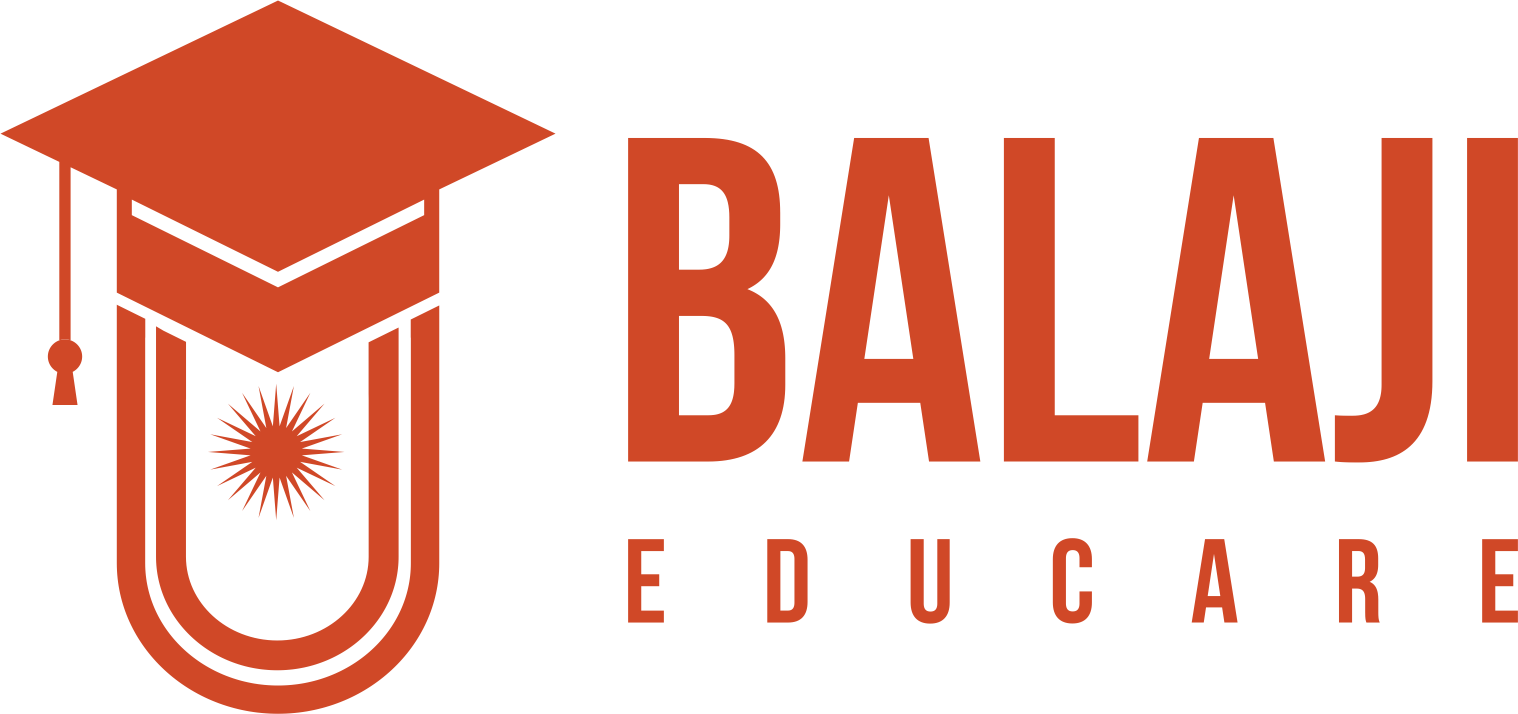US CPA Exam Guide: Master FAR, REG, AUD & BEC
Choosing to pursue the US CPA Exam is a smart move for anyone aiming to establish a successful global career in accounting and finance. Known for its credibility and international recognition, the US CPA (Certified Public Accountant) qualification is one of the most prestigious credentials in the accounting world. For students and professionals alike, understanding the structure and components of the US CPA Exam is the first step toward success.
Here is a comprehensive guide that breaks down each section of the US CPA Exam and offers practical preparation tips to help candidates master the process with confidence.

Overview of the US CPA Exam Structure
The US CPA Exam consists of four sections:
- FAR (Financial Accounting and Reporting)
- REG (Regulation)
- AUD (Auditing and Attestation)
- BEC (Business Environment and Concepts)
Each section is 4 hours long, and candidates must pass all four parts within an 18-month testing window. The exam uses a combination of multiple-choice questions (MCQs), task-based simulations (TBS), and written communication tasks (in the BEC section).
The scoring system is based on a scale of 0–99, with a passing score of 75 for each section. While the US CPA license is issued by individual state boards in the U.S., the exam content and structure are standardized nationwide.
FAR (Financial Accounting and Reporting): What to Expect
FAR is widely considered the most comprehensive and challenging section of the US CPA Exam. It covers:
- U.S. GAAP (Generally Accepted Accounting Principles)
- Financial statement preparation and analysis
- Governmental and not-for-profit accounting
- Accounting standards updates
Candidates should expect complex simulations and technical accounting scenarios. A strong understanding of core financial accounting principles and consistent practice with numerical problems is crucial.
REG (Regulation): Topics and Exam Insights
The REG section of the US CPA Exam deals with U.S. federal taxation, business law, and ethics. Key topics include:
- Individual and corporate taxation
- Estate, gift, and trust taxation
- Business law (contracts, agency, and commercial law)
- Professional ethics and responsibilities
The REG section is heavy on memorization, especially tax codes and legal frameworks. Regular revision and practice with tax forms and legal case scenarios can be highly beneficial.
AUD (Auditing and Attestation): Exam Breakdown
AUD focuses on the auditing process, internal controls, and professional standards. It tests the candidate’s ability to:
- Assess audit risks
- Evaluate internal controls
- Understand GAAS (Generally Accepted Auditing Standards)
- Perform audit procedures
This section requires critical thinking and a good grasp of auditing concepts. Real-world audit case studies can help enhance conceptual clarity.
BEC (Business Environment and Concepts): What You Should Know
The BEC section is unique in the US CPA Exam as it includes a written communication portion. It covers a wide range of business concepts:
- Corporate governance and economic concepts
- Financial management and cost accounting
- IT and business systems
- Written communication and memo drafting
BEC is generally perceived as less technical but requires a broader understanding of business operations and strategic thinking. Practicing written responses is essential to scoring well.
How to Prepare for the US CPA Exam Efficiently
To crack the US CPA Exam, preparation should be structured and strategic. Here are a few essential tips:
- Create a study plan: Allocate study time based on your strengths and weaknesses for each section.
- Use official review materials: Choose reputable CPA review providers and practice MCQs and TBS regularly.
- Stay consistent: Study for at least 20-25 hours a week over a 6-8 month period.
- Simulate exam conditions: Take timed mock exams to build stamina and reduce exam-day anxiety.
- Join coaching programs: Expert guidance can help decode difficult concepts and stay motivated.
Common Mistakes to Avoid in Each Section
Many candidates struggle with the US CPA Exam due to avoidable errors. Here’s what to watch out for:
- Underestimating FAR: Its volume demands more preparation time.
- Skipping written practice in BEC: Written tasks are easy to overlook but are crucial.
- Ignoring tax updates in REG: Regulations change often; stay updated.
- Cramming AUD theory: Memorizing without understanding leads to confusion during simulations.
Avoiding these mistakes can improve performance and boost pass rates.
Final Tips
Clearing the US CPA Exam is a significant achievement that opens doors to global opportunities. A few final tips:
- Stay organized and plan section-wise
- Balance theory and application
- Don’t hesitate to seek help from mentors or online forums
- Celebrate small milestones to stay motivated
Start Your US CPA Journey with Confidence
For aspiring CPAs, proper guidance and mentorship can make all the difference. Balaji Educare offers comprehensive coaching programs tailored for each section of the US CPA Exam. With expert faculty, structured learning plans, and personalized support, they help students confidently navigate the path to certification.
Visit Balaji Educare and kickstart your journey toward becoming a Certified Public Accountant today!

